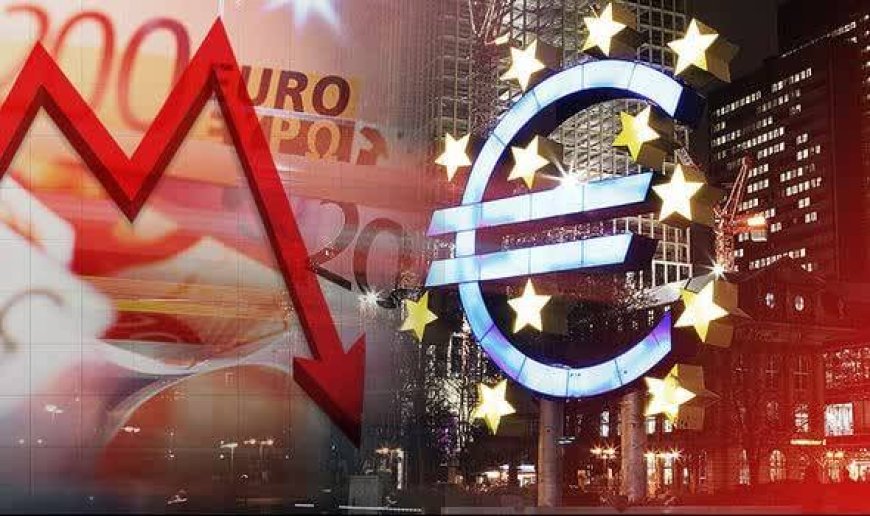Financial stagnation: How does the crisis in Ukraine affect the European Union?
Financial stagnation: How does the crisis in Ukraine affect the European Union?

The economic situation in Europe has taken a dire turn in the latter half of 2023, leading to a financial crisis that has severely impacted the standard of living for ordinary Europeans. In light of the ongoing Ukraine conflict, European citizens have managed to weather the storm of inflationary pressures and economic recession, thanks in part to government support and a mild winter. However, it is worth noting that certain sectors, particularly energy and food, continue to face significant inflationary pressures and formidable economic challenges. It is evident that households across Europe are facing diverse inflation rates, contingent on their spending patterns.
Low-income European households tend to spend a significant portion of their budget on food and housing, while more affluent families have a more diverse expenditure pattern. Data indicates that inflation has had a greater impact on households with lower incomes, as the inflation rate for the poorest 10% of the population was 2% higher than that of the wealthiest 10%. In some European countries, including Moldova, Montenegro, and North Macedonia, this gap exceeded 5%. Today, many economists believe that the EU has indeed entered a state of recession.
Europe's current economic fallout can be attributed to a multitude of factors, including the instability of the euro's financial sector, the European Central Bank's financial and monetary policies, a decline in private investment due to uncertainty about the continent's political future, the preferences of investors towards small capitals versus large industries, as well as the catastrophic performances of European governments. Of particular note are the extensive sanctions placed on Russia, which have had a profound impact on the European economy. Meanwhile, the United States and China are emerging as the victors amid this economic conflict, as they have managed to keep their economies relatively stable. However, continued tension with Russia could lead to a further weakening of Europe's economy and potentially exacerbate existing divisions between European countries.
The economic outlook for Germany remains uncertain, with the nation likely to stay in recession until the end of the year. This is a clear warning for German citizens, indicating that they are in for a rough year. The effectiveness of the German government's policies in simultaneously providing economic aid to Ukraine and promoting German economic recuperation is yet to be seen. According to expert analysis, Germany's economic slump highlights the need for a more self-sufficient and sustainable energy policy.
However, alternative methods remain comparatively costly in comparison to Russian gas, and the ramifications of elevated energy expenses are readily apparent for small enterprises. Moreover, the impact of this pressure has had a direct effect on German citizens' livelihoods. The German government's green policy entails the complete abandonment of nuclear power plants, the majority of which have already been decommissioned, which limits the government's ability to provide energy resources.
One possible interpretation of the ongoing economic crisis in the EU could be attributed to the significant influx of asylum seekers and immigrants, prompting Europe to extend financial support to countries where immigrants come from, despite their own financial challenges. Consider the $1 billion aid to Tunisia, which demonstrates Europe's willingness to pay a price to alleviate the economic strain caused by the presence of tens of thousands of immigrants.
European governments must implement stringent fiscal policies and tighten regulations to ease the financial crisis, yet doing so risks lowering public welfare and escalating social unrest.













































